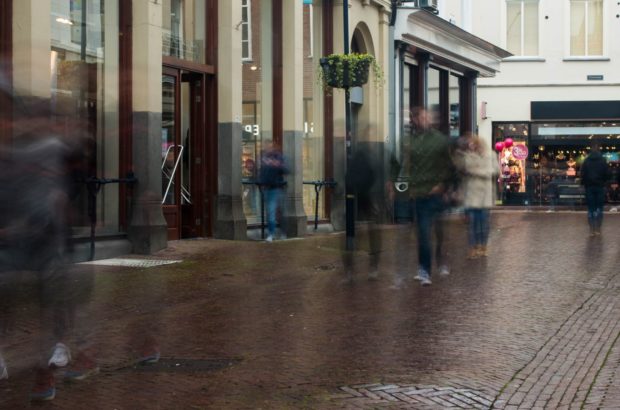“Relationships are fraught with tension because most avoid expressing love in full.”
(Serge Benhayon) (1)
Blame is a prominent ingredient in our relationships – whether they are friendships, romantic relationships, parent-child, student-teacher, sister-brother or even those instant encounters (still relationships) between two so called strangers.
Taking into account that we are in constant relationship with everyone around us regardless of how well we do or do not know them, I have come to a conclusion that I have had more relationships than I could ever possibly remember, as I’m sure is the case for most people.
In (almost) all of my relationships I have made it a measurement exercise. In other words, I would calculate how much of myself I bring to the relationship with different people. With my mum I may be 90%, with other family members I may be 30%, with friends 60% or perhaps sometimes, even for a fleeting moment, 100% with complete strangers.
I used to get frustrated that there were relationships I had that didn’t work, or that had issues within them, and would almost always turn the finger away from myself and towards the other person: whether it was a behaviour of theirs, a trait or a historic mistake they made that I could use to hold them to account for as long as it suited me.
I have recently begun to let go of these tiresome hurts and see the magnificence that is on offer when we step up and utilise all the relationships we have on offer.
I had an example with someone recently where I had voiced something that made a situation a little bit awkward, and from that moment received cold and blunt responses, lacking the usual warmth and humour that I had enjoyed for much of the time with this particular person.
I realised I had a very distinct choice. Either, I too could stick my hand out and keep them at arm’s distance, holding them to ransom for the refrigerated phase of our relationship, or continue to love them and be with them like I would have with the closest of friends. I could continue to be myself, have fun and not hold a smidgen of a grudge or a sliver of bitterness towards them. In this instance I chose the latter.
I continued to be the caring, steady, sweet and funny man I know myself to be. And the result was priceless.
Gradually, they opened up more and more, and got to see that there is so much more to relationships than a disagreement or even an argument. That there is a way to be with human beings that is honest, open and outspoken, even when what we are hearing may not be music to our ears at that particular moment in time. Since then the work we have done together has been a lot more in-tune, on-track and at-ease.
This example (and there is a book’s worth for sure if I were to dig back) was such a great lesson for me in that the relationships in my life are all about what I bring to them. Do I give them my all? My unconditional love? My absolute attentiveness? My 100% understanding and acceptance?
If so, then let the relationship be what it needs to be, for I have also learnt that trying to be the controller, or finding fault in another, only ends up in exhaustion and frustration.
If, however, I am giving less than my all, if I ‘love’ with conditions on what is said/done/thought, if I am being dismissive, either verbally or just in my head or not actually caring what the person has to share, then I cannot be surprised when the relationship hits a brick wall and we end up at loggerheads, trying to figure out where it all went wrong.
I come back to the quote at the beginning, which I read recently:
“Relationships are fraught with tension because most avoid expressing love in full.” (1)
When I read this I thought, isn’t it crazy that we claim to want nothing more than a loving relationship, yet only experience the what-is-not love because we ourselves hold back expressing love in full?
And I came to the conclusion that we have all been hurt at some point or another, be it by a friend letting us down, a partner cheating, a parent not caring, a sibling bullying or a colleague scheming, and hence we learn to withdraw love and reserve ourselves because we don’t want to be hurt like that again.
What I wonder though, is what would happen if we took the stance that just because one, two, five and even five hundred people (a highly unlikely figure) have hurt us, it is not over seven billion people that have. Would we then see that relationships are not something to give up on and that if we recognise the hurt but remain open to the fact that at heart each and every one of those billions are worthy of our love, we might find we have far more support than we ever thought.
Would we then begin to heal those relationship issues which we often see in the very ugly, but totally superfluous, nitty gritty details plastered all over Facebook, in instant messaging chats and in our friendship groups? Perhaps then we could turn around the trend of choosing to let our relationships clobber us rather than evolve us.
References:
- Serge Benhayon, Esoteric Teachings & Revelations, Volume II, 1st edition, page 445.
By Michael Brown, Maths Student & Retail Manager, United Kingdom
Further Reading:
No Passport required: making Relationships about Love
The Science of Hurts
Relationships, Me and God





